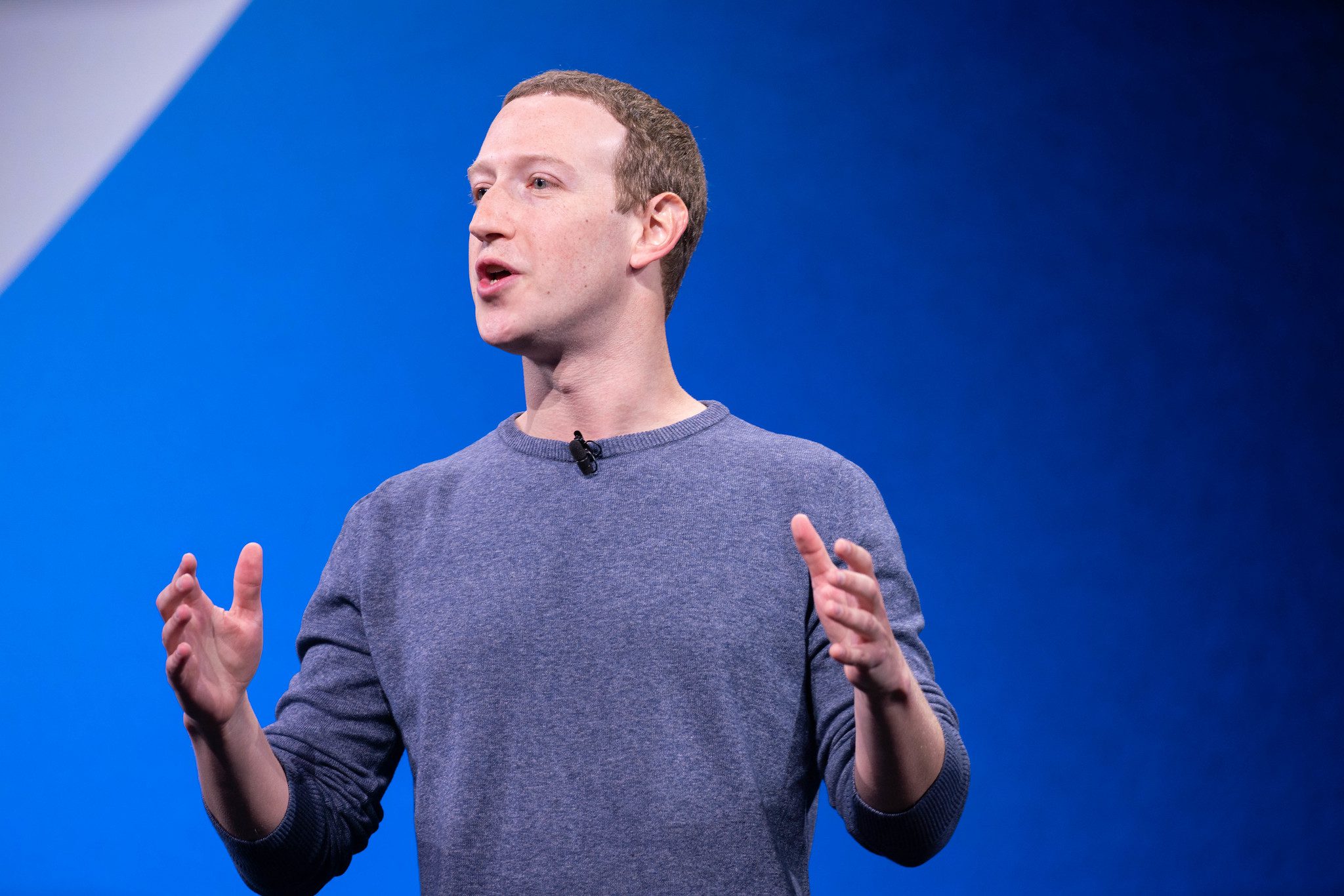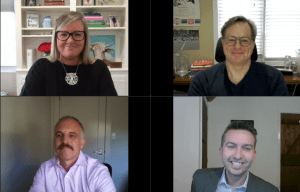Skift Take
Senior leaders turned back the clock at a roundtable to describe how the crisis unfolded — sharing how unofficial back channels helped them get a headstart, keeping employees safe.
Facebook leaned heavily on different “sources of truth” to manage the coronavirus crisis at the start of the year, including the advice of one doctor who called the pandemic before it was officially recognized.
Speaking recently at a “Covid-19 Health & Security Lessons Learned” roundtable, risk experts described how they processed the news and data that flowed into their organizations, while they also shared predictions on what shape the next crisis will take.
“Part of our job is to discern information, and to ascertain what is important and valuable, and what may not be,” said Erin Wilk, head of global security communications and travel safety at Facebook.
What proved to be extremely valuable was a trusted partner in the Asia-Pacific region that, at the start of the year, flagged the outbreak to Facebook’s security leadership team.
Wilk said this made her think something was different. “We did feel we needed to pause and get our heads around it,” she said. Crisis action team activations then took place, including four days of sitting in “war rooms” with Facebook’s leadership team.
Pivotal Moments
Facebook also relied on medical experts, including health and security services firm International SOS, which held the virtual roundtable on Thursday. International SOS’ global medical director said “back channels” of communication, and private-public partnerships, were key to help form policies, including travel, to ensure employees are safe, and help ensure vaccinations are rolled out.
International SOS had calls with its Asia team in late December and early January, said Dr Myles Druckman. At the time he thought coronavirus was regional to the wet market in Wuhan, but was concerned about the respiratory spread.
“We were speaking to the Centers for Disease Control and Prevention, we were aligned. But there’s a lot of things governments necessarily can’t say until it goes through all the processes,” said. “But people can’t wait. They have to make a decision. It was still in alignment, but these back channels, private-public partnerships, are going to be very important when we get the vaccinations.”
At the end of January, Druckman said he was a guest speaker at a global security conference at San Diego, where he warned that the events in Wuhan would become a pandemic.
“Everyone was like, ‘wow, there’s another doctor making prognostications’,” he said. “We have the luxury of being ahead. We can say things, without having to go through a lot of governmental resources. Clients need to make decisions. You can’t necessarily wait for the CDC or World Health Organization to get aligned on a pandemic. We were telling people this is a pandemic by definition a couple of weeks before the World Health Organization finally said it was a pandemic.”
Facebook’s Wilk said a global security leadership colleague had also attended the security conference Druckman referenced. “What Myles shared was pretty impactful, because during the conference we got some text messages that said ‘hey, a doctor from our provider is speaking and we need to make sure we have them on deck’, which thankfully we did,” she said.
Facebook then used its own platform to communicate internally, and shared information from a variety of other medical experts on its team, as well as International SOS. “We had access to information before it was in the public, so it was important to establish communication not just with our crisis management team and leadership, but also with our employees. Because there’s a real human element to this,” Wilk added.
Companies were also urged to benchmark in a crisis.
Like Facebook, Salesforce used a range of resources, such as International SOS, but also other internal and external medical advisors, and other vendors to get information. “We also use benchmarking,” added Karl Huntzicker, senior health and safety director at Salesforce. “Those conversations with other companies are extremely valuable. They give us insight into what’s going on in the industry, and different regions. We have those discussions on a regular basis.”
International SOS said it polled clients in the spring and summer to see how they were tackling the pandemic. “Companies were three months ahead of governments. They were prepared,” Druckman said.
Planning for the Next Crisis
Meanwhile, Covid-19’s long-term impacts could be a time bomb in the making.
“A lot of people weren’t mentally prepared for this,” said Huntzicker. “This has shone a spotlight on the mental health aspect of this. We need to be cognizant of this. It’s started more conversations around mental health at Salesforce. That’s where I see part of duty of care changing.”
Druckman also highlighted how it wasn’t simply a case of one week’s worth of flu symptoms for many people who caught the virus. People can take months to recover, with other conditions like “brain fog” and shortness of breath.
“That’s something we’re going to have to watch too among our employees, to see if someone’s not performing or not doing well,” he said. “We’re still learning about long Covid syndrome. And people are getting depressed about it because they can’t get up to speed.”
Facebook’s Wilk also said the issue of racism, with the killing of George Floyd, and the fact the entire world was watching the U.S. election, was causing a lot of emotion across the board. “We’re not just dealing with one pandemic,” she said. As a result, she said she would be using the term “duty to care” instead of “duty of care”.
“The rewording suggests that something is better than nothing. A lot of companies thought the World Health Organization would handle it for us. That was not and is not the case. I teach staff to pay attention.”
Many companies will be hoping to restart business travel in 2021, with digital health passport schemes and artificial intelligence boosting those chances, alongside the vaccine. But access to the right kind of information, at the right time, could also prove invaluable to reestablish those corporate travel programs.
CORRECTION: An earlier version of this story incorrectly stated CEO Mark Zuckerberg attended the security conference in San Diego.
The Daily Newsletter
Our daily coverage of the global travel industry. Written by editors and analysts from across Skift’s brands.
Have a confidential tip for Skift? Get in touch
Tags: cdc, coronavirus, corporate travel management, facebook, international sos, risk management, salesforce
Photo credit: Facebook CEO Mark Zuckerberg. Billionaires Success / Flickr

